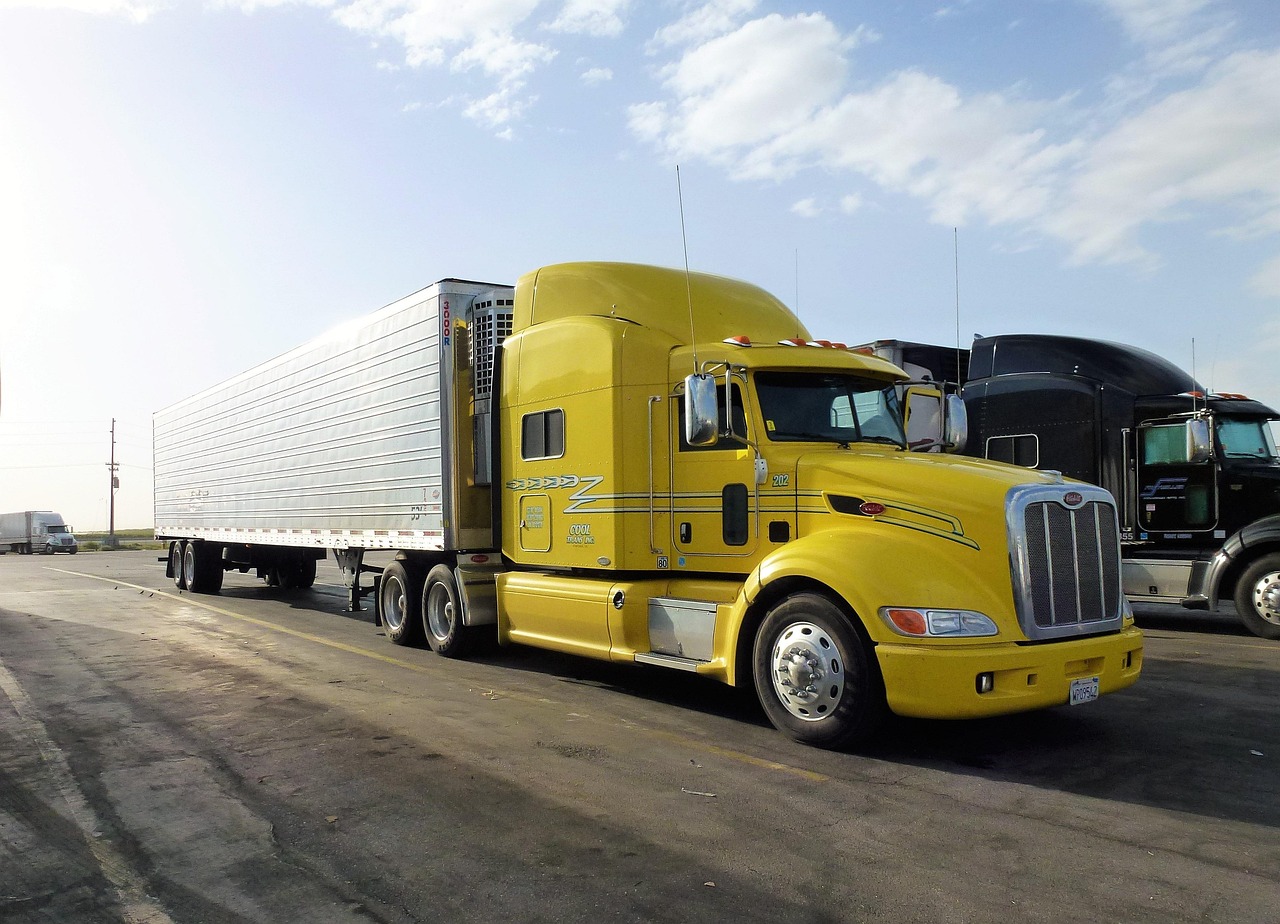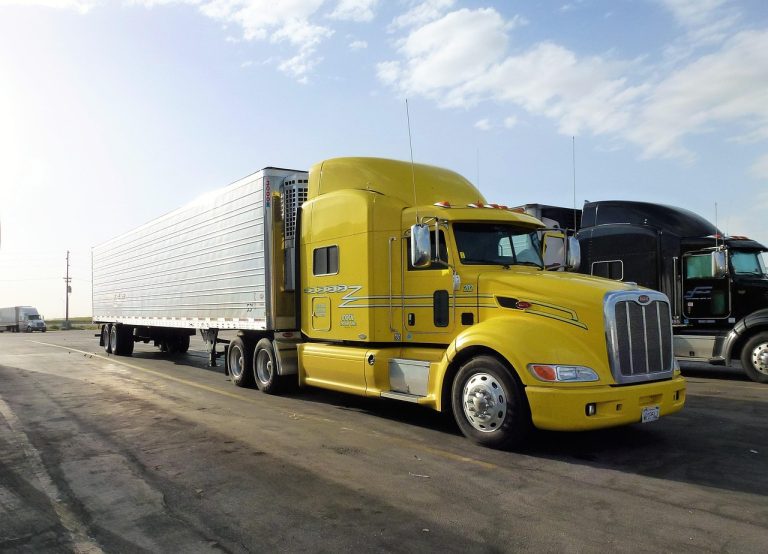How to Pick the Best Vehicle for Your Transport Needs
Selecting the right truck for your business or transportation needs is no simple task. With so many different types of trucks available, it can be difficult to determine which one is best suited for your specific operations. Whether you’re in the food industry, construction, or transportation logistics, choosing the right truck can impact efficiency, safety,…
Selecting the right truck for your business or transportation needs is no simple task. With so many different types of trucks available, it can be difficult to determine which one is best suited for your specific operations. Whether you’re in the food industry, construction, or transportation logistics, choosing the right truck can impact efficiency, safety, and long-term costs. In this blog, we’ll walk you through the factors to consider when choosing the best truck for your transport needs, helping you make an informed decision that aligns with your business goals.
1. Understand Your Cargo Type
One of the most crucial aspects of choosing the right truck is understanding what you’re transporting. Trucks are designed for different purposes, and the cargo type will directly influence your truck choice. For example:
Food and Perishable Goods: If you’re transporting food, beverages, or perishable items, you’ll need a refrigerated truck. These vehicles are equipped with temperature control systems to keep goods fresh during transport, reducing the risk of spoilage.
Heavy Equipment and Materials: For transporting construction materials or heavy machinery, a flatbed truck or dump truck might be the best option. These trucks provide open spaces for larger loads that are difficult to load and unload from a traditional enclosed truck.
Livestock and Agricultural Products: If you’re involved in agriculture or livestock transportation, you might need a livestock truck or a feed truck. These trucks are designed to handle live cargo and are built with ventilation and safety features for the well-being of animals.
2. Load Capacity and Truck Size
Another critical factor in selecting the right truck is understanding the load capacity and truck size required for your operations. Not all trucks are built to carry the same amount of weight. Choosing a truck with the right load capacity ensures that you meet legal weight regulations and prevent overloading, which can cause damage to the vehicle and increase maintenance costs.
When selecting a truck size, consider the following:
The dimensions of the cargo: If you’re transporting large or bulky items, you’ll need a truck with a larger bed or cargo area.
The weight of the cargo: Make sure the truck’s weight rating is sufficient for the load you’re carrying. Overloading can lead to mechanical issues, safety concerns, and penalties for exceeding legal limits.
Opting for a truck with the correct load capacity can significantly reduce wear and tear, improve fuel efficiency, and ensure that the vehicle lasts longer.
3. Driving Distance and Fuel Efficiency
Your truck’s driving distance and fuel efficiency are also key considerations when selecting the right vehicle. Different trucks are optimized for different kinds of driving, and the right choice depends largely on your specific needs:
Long-Distance Hauling: If your business requires long-distance hauling, you may want to invest in a diesel truck or a long-haul tractor. Diesel trucks generally have better fuel efficiency, which is essential when traveling long distances.
Short-Distance and Urban Driving: For local deliveries, a light-duty truck or van may be more appropriate. These vehicles offer maneuverability and ease of parking in urban settings, making them ideal for quick deliveries in cities.
Fuel efficiency plays a crucial role in your long-term operational costs. A truck with better fuel economy can reduce your overall transportation expenses, which can have a significant impact on your bottom line.
4. Safety Features and Technology
In today’s world, trucks come with a wide range of safety features that help drivers stay safe on the road and reduce accidents. When choosing the right truck, consider the following safety features:
Anti-lock Braking System (ABS): This is essential for improving braking control and reducing the risk of accidents, especially on wet or slippery roads.
Lane Assist and Blind Spot Detection: These systems help drivers navigate highways and busy roads by alerting them to potential dangers in blind spots or when drifting out of lanes.
Cameras and GPS: Truck-mounted cameras and GPS systems can help with navigation and tracking, ensuring the driver is aware of their surroundings and is adhering to route schedules.
These modern safety technologies not only improve driver safety but also reduce the risk of accidents, which could result in costly repairs or legal liabilities.
5. Total Cost of Ownership
When choosing a truck, it’s important to consider not just the initial purchase price but also the total cost of ownership (TCO). The TCO includes fuel costs, maintenance expenses, insurance, and potential repair costs. Here are a few ways to manage TCO effectively:
Maintenance Costs: Some trucks require more frequent repairs or have higher maintenance costs than others. Make sure to factor in these costs when deciding on your truck model.
Depreciation: Certain trucks may depreciate faster than others. Be sure to research the vehicle’s expected depreciation rate, so you can estimate its resale value when it’s time to upgrade.
Insurance: Insurance costs can vary based on the type of truck and its usage. A higher value truck or one that is considered high-risk may have higher premiums.
Choosing the right truck for your business is a major decision that can impact your operational efficiency, safety, and long-term costs. By considering factors such as cargo type, load capacity, fuel efficiency, safety features, and total cost of ownership, you’ll be able to make an informed decision that aligns with your specific transportation needs. Whether you’re hauling heavy equipment, transporting perishable goods, or delivering specialized products, there’s a truck out there that’s perfect for your business.


